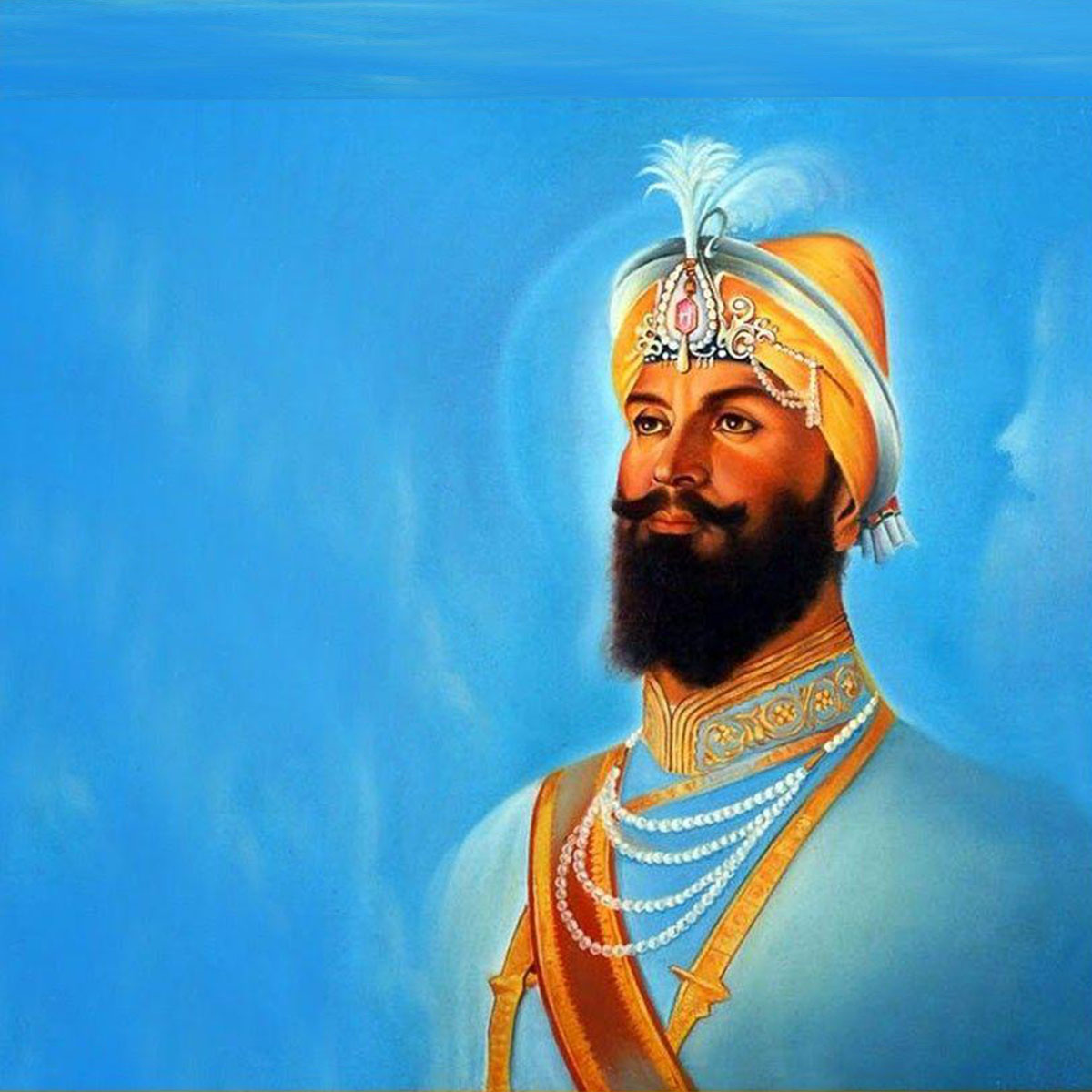Main Articles
The word ‘Sikh’ means a disciple. So Sikhism is essentially the path of discipleship. The true sikh remains unattached to worldly things just as the lotus keeps its blossom over and above the surface of water. The Sikh must do his duty to his family and to the community. The main thing is leading a pure and moral life, full of noble deeds and kind words. A Sikh does not regard fasting, austerities, pilgrimages, alm s-giving and penance as important things.
The word ‘Sikh’ means a disciple. So Sikhism is essentially the path of discipleship. The true sikh remains unattached to worldly things just as the lotus keeps its blossom over and above the surface of water. The Sikh must do his duty to his family and to the community. The main thing is leading a pure and moral life, full of noble deeds and kind words. A Sikh does not regard fasting, austerities, pilgrimages, alms-giving and penance as important things.
-
Bhagti
Those who know the importance of Bhagti feel like Guru Nanak Sahib that forgetting God is just like death and brooding upon His Name is life and joy. Without the nectar of God’s name, the pilgrim dies his misery. But Bhagti is possible after certain conditions are fulfilled:
Faith in God.
Following Truth.
Unattachment and desirelessness.
Control over thought, word and deed.
Association with holy men(Satsang)
Humanity and submission to Hukam. -
Salvation/Mukti
The Guru says, “The man of God rejects salvation. He wants only love of God and nothing else. The joys of heaven are nothing as compared to the merging in the Divine Spirit. The ultimate goal of man is union with God. Man does not become God, only the spark merges in the fire. This is called self- identification.” A man may have done many noble deeds but if he has not undertaken meditation on God, he cannot have any hope of Mukti. Guru Nanak Sahib says in Asa- di-Var: “That is true knowledge when the truth is in the heart, when the dirt of falsehood vanishes and life is pure and clean. That is true living when one fixes one’s love on truth and finds joy in the hearing of the Name.”
-
Need of Guru
Almost all the great religions of the world emphasis the need of a preceptor or Guru or holy man for the attainment of salvation. The Vedas enumerate the qualities of a religious guide. Even Guru Nanak Sahib emphasizes that bliss can be obtained only through the grace of the Guru. Sikhism does not recognize either chosen prophets or chosen people. Guru Nanak Sahib did not insist on a physical Guru Dehdari. His own Guru was God Himself. What is important is not the person but the word-“The word is the Guru. The Guru is the word. If the devotee follows what the word says, surely the Guru will save him.” That is why Guru Gobind Singh Sahib installed Sri Granth Sahib as Guru for all time. We do not need any man as Guru because the word is now with us. Guru Arjan Sahib says, “Without a Guru, liberation cannot be won. The Guru is my boat, which will ferry me across the rough ocean of existence.” The Guru destroys illusions and attachment to worldly objects.
Guru Ramdas Sahib says, “The Guru is the Sikh and the Sikh who practices the Guru’s word is equal to the Guru.” Guru Gobind Singh Sahib says, “I live and have my being in the Khalsa.” The Guru lives in the form of the Panth. He resides in the Sangat. All the Gurus are identical with Nanak. Guru Gobind Singh Sahib passed on the corporal succession to the Panth, which is regarded as the embodiment of the Guru. The Panth represents the Guru and it is progressing, With the passage of time, the Panth is evolving. It is a dynamic and corporate personality with authority to make decisions (Gurmatas) binding on the Sikhs. In this way, there is a two-fold concept of Guru-dom, one permanent, the other progressive. The Word is the embodiment of eternal and changless truth, while the Panth is the progressive, collective personality of the Guru in Sikhs.
Guru Granth Sahib is the living embodiment of the Ten Gurus. It is the living flame of the Name, which lights the lamp of the disciple. There is no place for a living Guru in the Sikh religion, because Gurbani is Guru and Guru is Gurbani. After all, what the Guru does is to guide the disciple by means of words, in the same way Guru Granth Sahib guides the Sikh through its song-message. When a Sikh is in doubt about any principle of Sikhism, he refers the matter to the Panth for decision.
-
Reading of Scriptures
Many good thoughts and noble sayings are found in sacred books but mere reading cannot help much. It is only the first step. Guru Nanak Sahib says :”If a man reads books throughout his whole life, till breath leaves his body, only the Holy Name is valuable, all else is vanity of the self.” Again, “the scholar is an idiot if he has greed, avarice and pride.” What is important is the practice of the Name and the cultivation of virtue. An ounce of practice is preferable to a ton of knowledge. Ethics and laws tell us what to believe and what to do ; they are like signposts. But one has to do the walking oneself. One can-not reach God by books or by rituals. Scriptures are our guides for action. They cannot fill the disciple with divine love. The knowledge of Vedas does not bring liberation: “God is beyond the Vedas, beyond the holy books.” He can be found within the self by digging inward.
-
Fasting
Sikhism does not regard tasting as an act of religious merit. Fasting, in order to overcome disease or abnormality, is perfectly Iconistic. But fasting for austerity and ritual is hateful. Guru Nanak Sahib says, “Penance, fasting, austerity, alms-giving are inferior to truth; right action is superior to them all ” To affirm that spirituality depends on the quality or quantity of food is absurd. One must take normal food. If a man cannot take it, there is something wrong with him. But to fast for the sake of fasting is futile.




